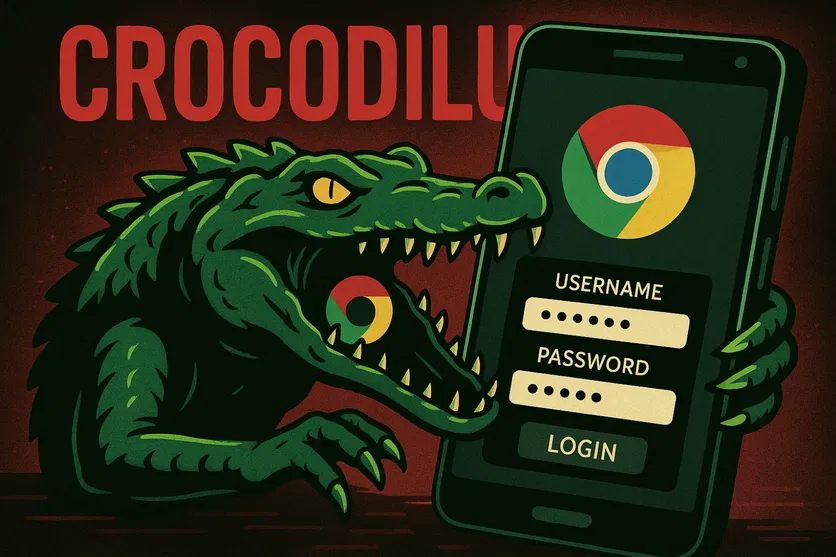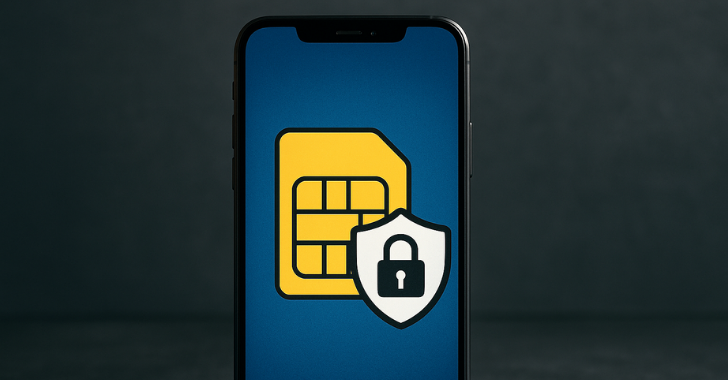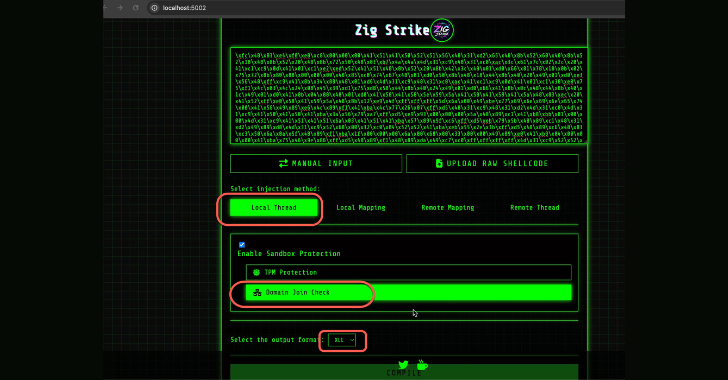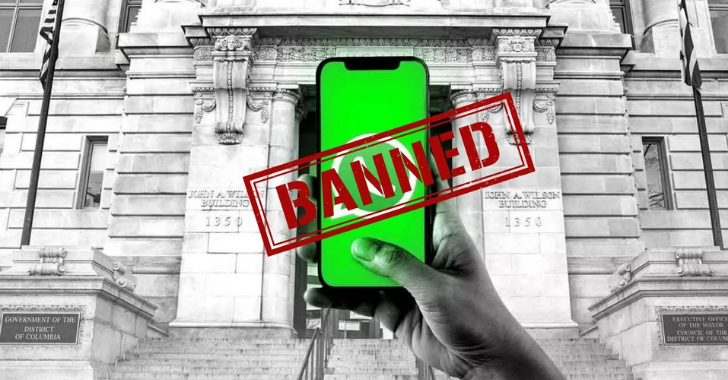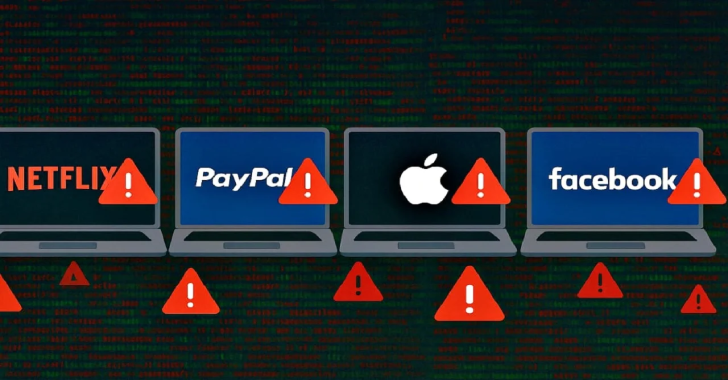
Crocodilus is a newly discovered Android malware that acts as a Remote Access Trojan (RAT). Once installed, it silently gives cybercriminals complete control over your device, allowing them to steal data, monitor activity, and manipulate apps all without your knowledge. First spotted in early 2025, it spreads through fake apps disguised as utility tools or financial services.
How It Infects Devices
This malware typically hides inside trojanized apps available on third-party websites and sometimes even sneaks into official app stores. Once installed, it tricks users into granting powerful permissions like Accessibility and Device Admin, which are then used to take control of the device.
What Permissions Does It Exploit?
Crocodilus targets:
- Accessibility Services to monitor and control screen activity.
- Device Admin rights to prevent uninstallation.
- Notification and screen recording access to intercept messages, OTPs, and banking data.
These permissions enable the malware to completely override user control, posing as the user and interacting with the device in real time.
How It Steals Your Data
Once active, Crocodilus uses:
- Overlay attacks to mimic legitimate banking or wallet apps and steal credentials.
- Keylogging and screen recording to capture every tap and swipe.
- Remote control tools to access files, apps, and even your camera or microphone.
It exfiltrates data such as:
- Banking logins
- Crypto wallet credentials
- Personal messages
- Contact lists and photos
Why It’s Dangerous
Unlike many other Android threats, Crocodilus is designed to stay hidden and persistent. It hides its icon, disables security apps, and reinstalls itself after deletion attempts. Its reach is global, with infections reported across Asia, Europe, and North America.
Real Incidents
- A crypto user lost over $90,000 after Crocodilus stole their seed phrase.
- In a corporate breach, an infected employee device became the entry point for mass data theft.
- Social accounts hijacked via Crocodilus were used to scam victims through phishing.
How to Protect Yourself
- Avoid downloading apps from unknown sources.
- Check app permissions don’t grant Accessibility or Admin access unless necessary.
- Use trusted antivirus software and keep your phone updated.
- Regularly review installed apps and delete anything suspicious.
How Crocodilus Compares to Other Android Malware
While malware like Joker or BRATA target Android users too, Crocodilus stands out by offering a full suite of surveillance and control tools. Where other malware might steal data or bombard users with ads, Crocodilus acts like a digital puppet master watching, stealing, and manipulating everything silently.
Here’s how it compares:
| Malware | Key Focus | Remote Control | Overlay Attacks | Self-Reinstallation |
|---|---|---|---|---|
| Joker | SMS fraud, ads | ❌ | ❌ | ❌ |
| BRATA | Banking data | ✅ | ✅ | ✅ |
| Crocodilus | Full control & data theft | ✅ | ✅ | ✅ |
Crocodilus combines the worst traits of multiple malware families, making it more dangerous and persistent than most mobile threats.
Implications for Users and Developers
For users, Crocodilus is a wake-up call. Mobile security isn’t optional anymore. It’s essential. We carry our entire lives on our phones banking apps, crypto wallets, work files, social accounts, personal memories. Malware like Crocodilus aims to steal all of it.
For developers and app platforms like Google Play, it emphasizes the need for stricter app screening, better user education, and proactive threat mitigation systems.
What’s Next: The Future of Mobile Threats
Crocodilus might be the latest Android malware but it won’t be the last. Cybercriminals are getting smarter, and mobile operating systems need to evolve faster to stay ahead. Experts expect newer variants to become even more:
- AI-driven for adaptive attacks
- Stealthier to avoid detection longer
- Target-specific, using user behavior to personalize attacks
Users should expect more sophisticated phishing campaigns, fake system prompts, and trojanized apps—disguised in ways we haven’t seen before.
Conclusion
Crocodilus malware marks a new chapter in Android threats one where attackers don’t just steal data, but completely take over your phone. With the ability to hide, adapt, and persist, it’s a wake-up call to Android users everywhere. Stay vigilant, review your security practices, and always think twice before granting an app too much control.
FAQs
1. Can Crocodilus infect iPhones?
No, it currently targets Android devices only.
2. How do I know if I’m infected?
Unusual behavior, battery drain, or denied access to security settings can be signs.
3. Can factory reset remove it?
Not always. Some versions reinstall themselves unless professionally cleaned.
4. Is Play Store safe from this malware?
Mostly, but occasional infected apps have slipped through. Always verify app sources.
5. What’s the best defense?
Avoid third-party apps, check permissions, and use a reputable mobile security app.
